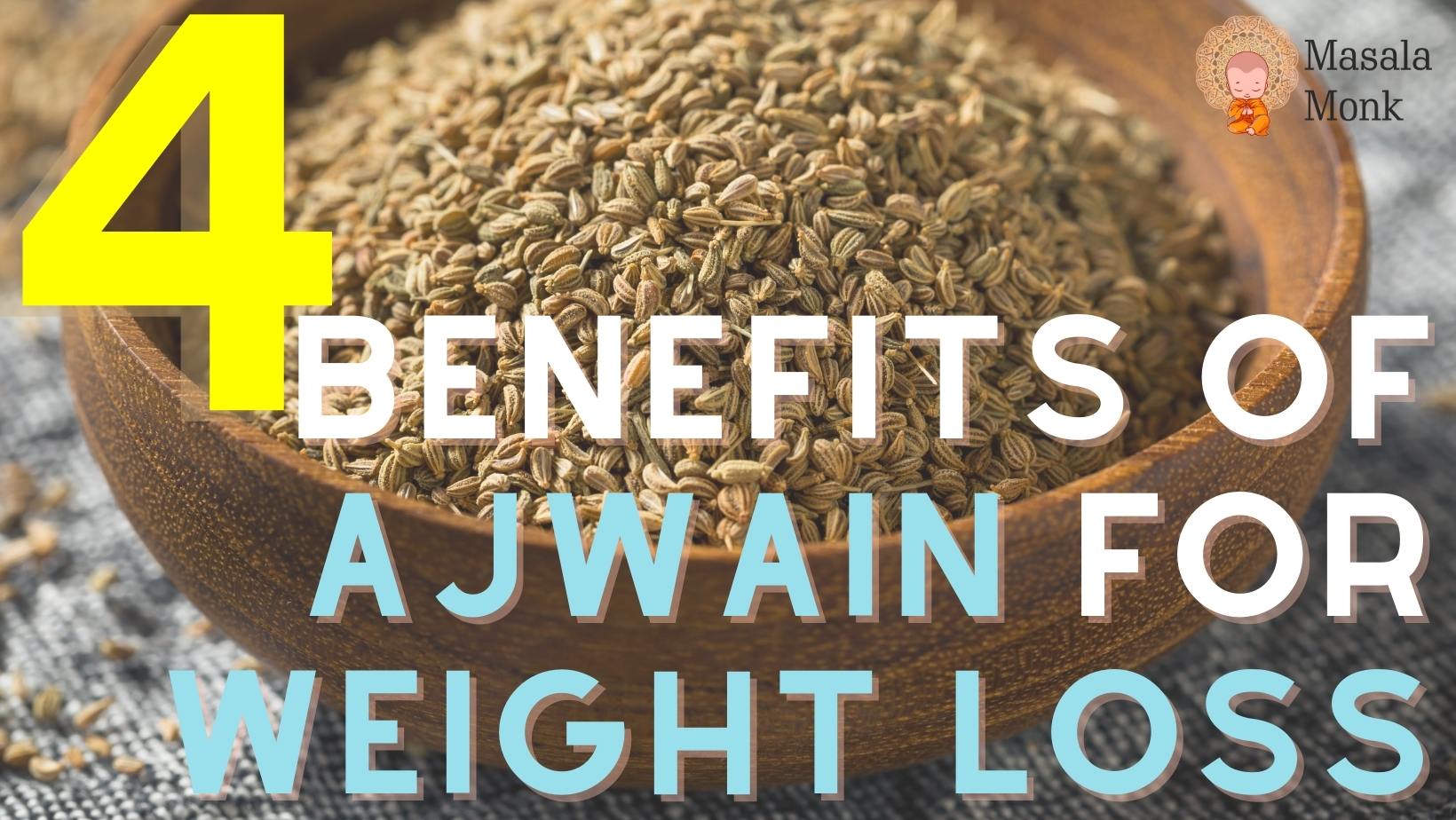
In the world of spices, Ajwain, also known as carom seeds, often flies under the radar. Yet, this humble herb packs a potent punch of health benefits. From traditional Ayurvedic practices to modern kitchens, Ajwain has been revered for its therapeutic properties. Let’s unravel the mystery behind this small but mighty spice and discover if it’s just a dash of flavor or indeed a pinch of a healthy miracle.
What is Ajwain?
Ajwain, Trachyspermum ammi, is a spice commonly found in Indian cuisine. Its taste is often described as pungent and bitter, resembling thyme. This is because Ajwain seeds contain thymol, a compound that imparts a similar aroma and flavor.
Nutritional Profile
Rich in fiber, antioxidants, vitamins, and minerals, Ajwain seeds offer more than just a flavor boost:
- Fiber: Aids in digestion and promotes gut health.
- Antioxidants: Combat free radicals, reducing oxidative stress.
- Minerals: Such as calcium, iron, and phosphorus, vital for body functions.
Health Benefits of Ajwain
- Digestive Health: Ajwain is renowned for its efficacy in treating digestive issues. It can help alleviate indigestion, bloating, and gas.
- Weight Loss: Ajwain may boost metabolism and aid in weight loss efforts.
- Respiratory Health: It’s believed to have decongestant properties, helping in treating cold and cough.
- Anti-inflammatory Properties: Ajwain contains active compounds that may reduce inflammation, beneficial in treating arthritis and other inflammatory conditions.
- Heart Health: Some studies suggest that Ajwain may help lower blood pressure and cholesterol levels, contributing to heart health.
How to Use Ajwain
Ajwain can be used in various forms:
- As a Spice: Enhance the flavor of dishes with a sprinkle of Ajwain.
- Ajwain Water: Soak Ajwain seeds in water overnight and drink the strained water in the morning.
- Ajwain Tea: Boil Ajwain seeds in water, strain, and consume as a warm tea.
Potential Side Effects
While Ajwain is generally safe, excessive consumption can lead to:
- Heartburn or acid reflux.
- Dizziness or nausea in some individuals.
- Not recommended during pregnancy in large amounts.
Conclusion
Ajwain might just be a small addition to your spice rack, but its health benefits are certainly not to be underestimated. Whether it’s aiding digestion, promoting respiratory health, or contributing to weight loss, Ajwain stands out as a versatile and potent natural remedy. A dash of Ajwain in your diet could indeed be a pinch of a healthy miracle, adding both flavor and wellness to your daily life.
10 FAQs on Ajwain (Carom Seeds)
- What are Ajwain seeds?
Ajwain seeds, also known as carom seeds, are a spice used in Indian cooking, known for their strong aroma and pungent taste. - What are the health benefits of Ajwain?
Ajwain is known for aiding digestion, relieving respiratory issues, having anti-inflammatory properties, and improving heart health. - Can Ajwain help in digestion?
Yes, Ajwain has carminative properties that can alleviate indigestion, bloating, and gas. - Is Ajwain effective for respiratory problems?
Its antibacterial properties can help fight respiratory tract infections and aid in expelling mucus. - Can Ajwain reduce inflammation?
Yes, Ajwain has anti-inflammatory effects that are beneficial for arthritis and skin conditions. - How can Ajwain be used in cooking?
Ajwain can be used as a spice in cooking, added to dishes for its unique flavor. - Are there any side effects of consuming Ajwain?
Overconsumption can lead to acidity, indigestion, or mouth ulcers. - How much Ajwain should I consume?
Ajwain should be consumed in moderation; culinary use is typically 1-3 grams per day. - Can pregnant women consume Ajwain?
Pregnant women should consult a healthcare provider before consuming Ajwain, especially in medicinal amounts. - Does Ajwain help in weight loss?
Ajwain may boost metabolism and aid in weight management, though it should be combined with a healthy diet and exercise.
Blog Tags for the Post
Ajwain, Carom Seeds, Digestive Health, Respiratory Aid, Anti-inflammatory, Heart Health, Cooking with Ajwain, Health Benefits, Ayurvedic Medicine, Natural Remedies









